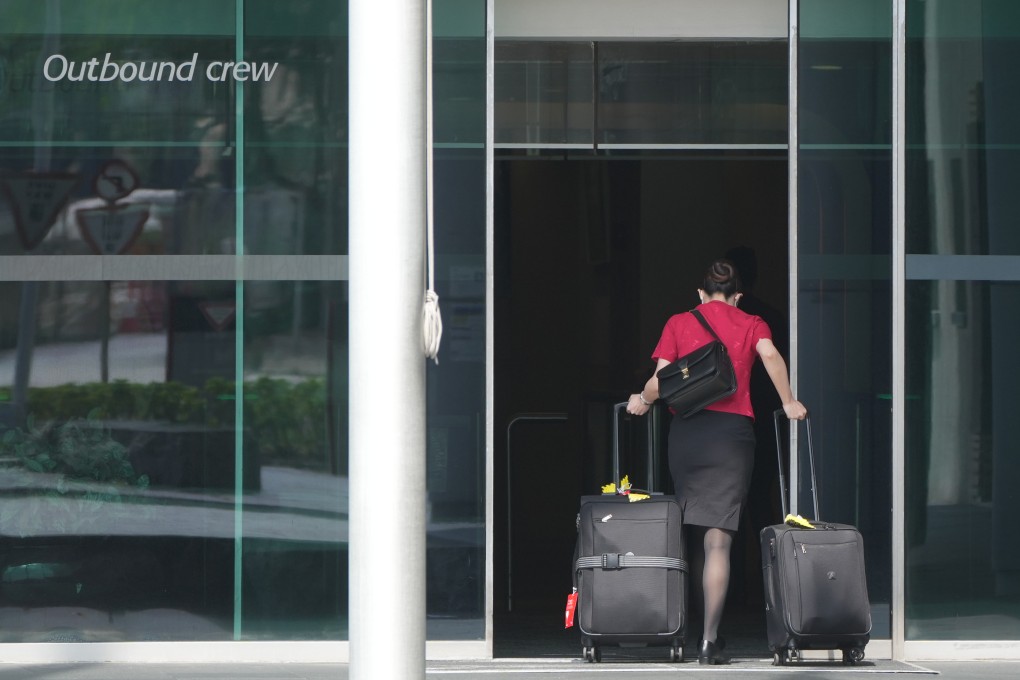Letters | Linguistic arrogance on display on Cathay Pacific flight must go
- Readers discuss linguistic tensions between Hong Kong and the mainland, and staff morale at the city’s flag carrier

While Mandarin has gradually permeated Hong Kong society since the handover, Cantonese remains the predominant language in daily life. English is the main working language in universities and professions like finance and law. This linguistic reality has symbolised Hong Kong’s status as a special administrative region of China.
However, many mainlanders, especially younger and patriotic ones, view Cantonese as a regional dialect used for communication within a particular area while they believe Mandarin should act as the only bridge between different communities within China.
These two linguistic perceptions often clash, as they did in the Cathay Pacific cabin. Mainlanders felt staff on a Hong Kong-based airline flying from Chengdu to Hong Kong ought to be able to speak to passengers in Mandarin, yet the cabin crew seemed to consider the route no different from flying overseas.